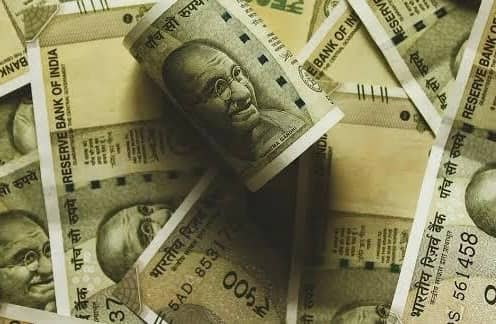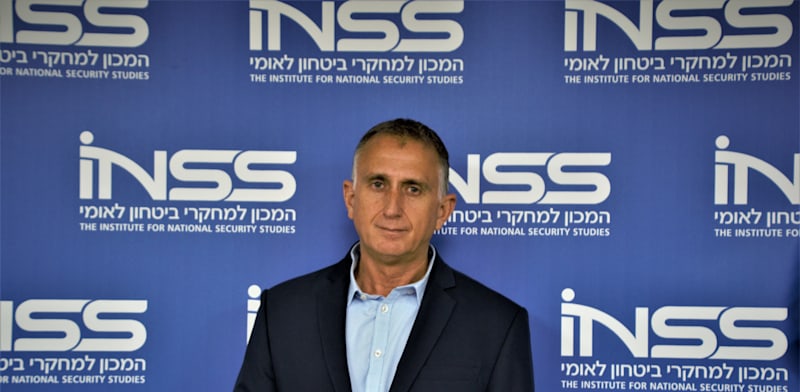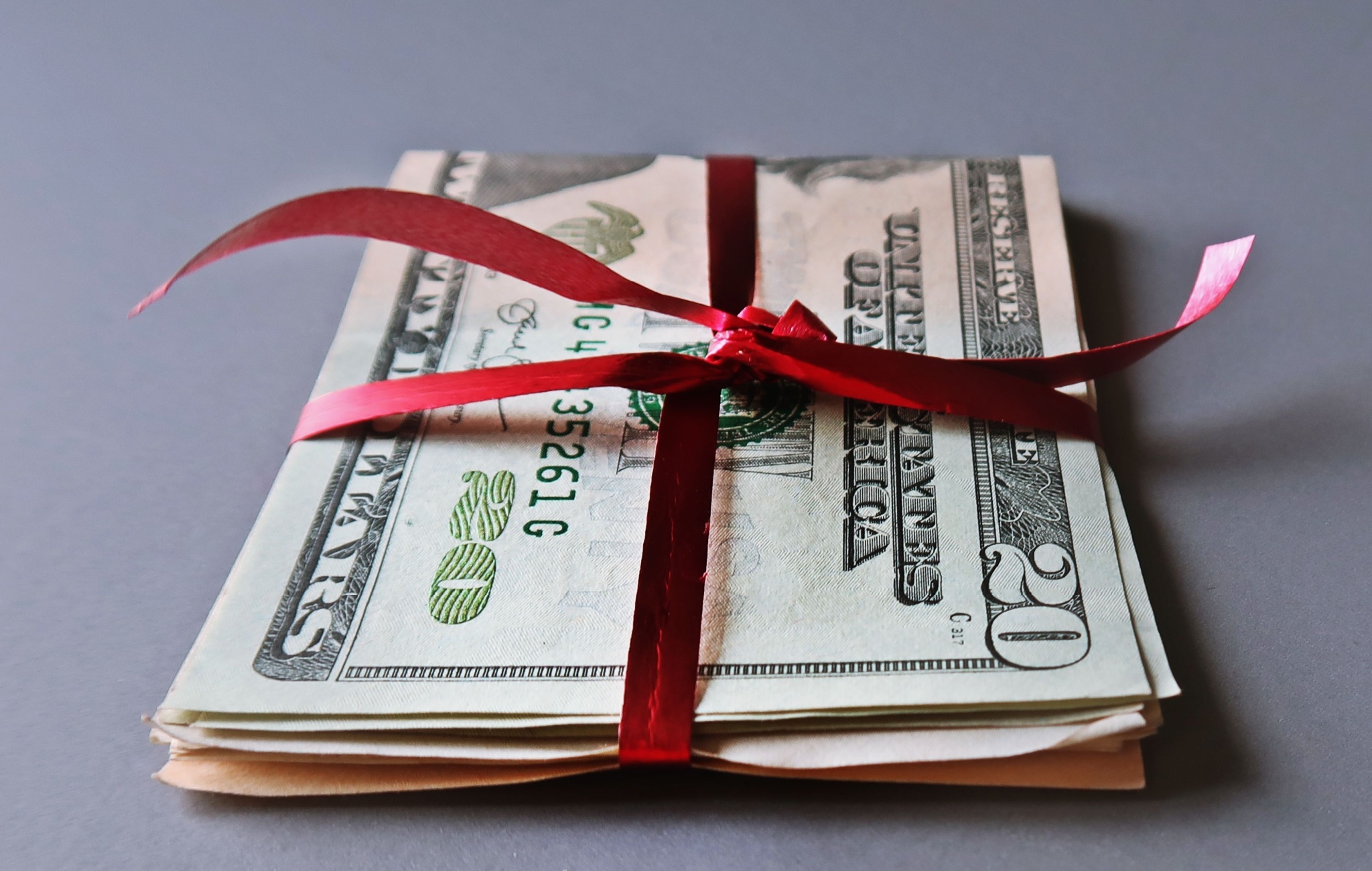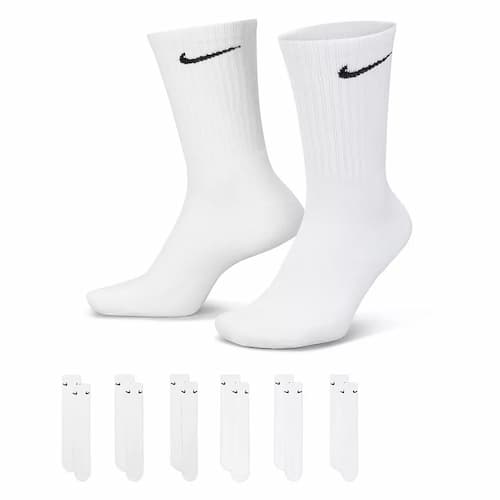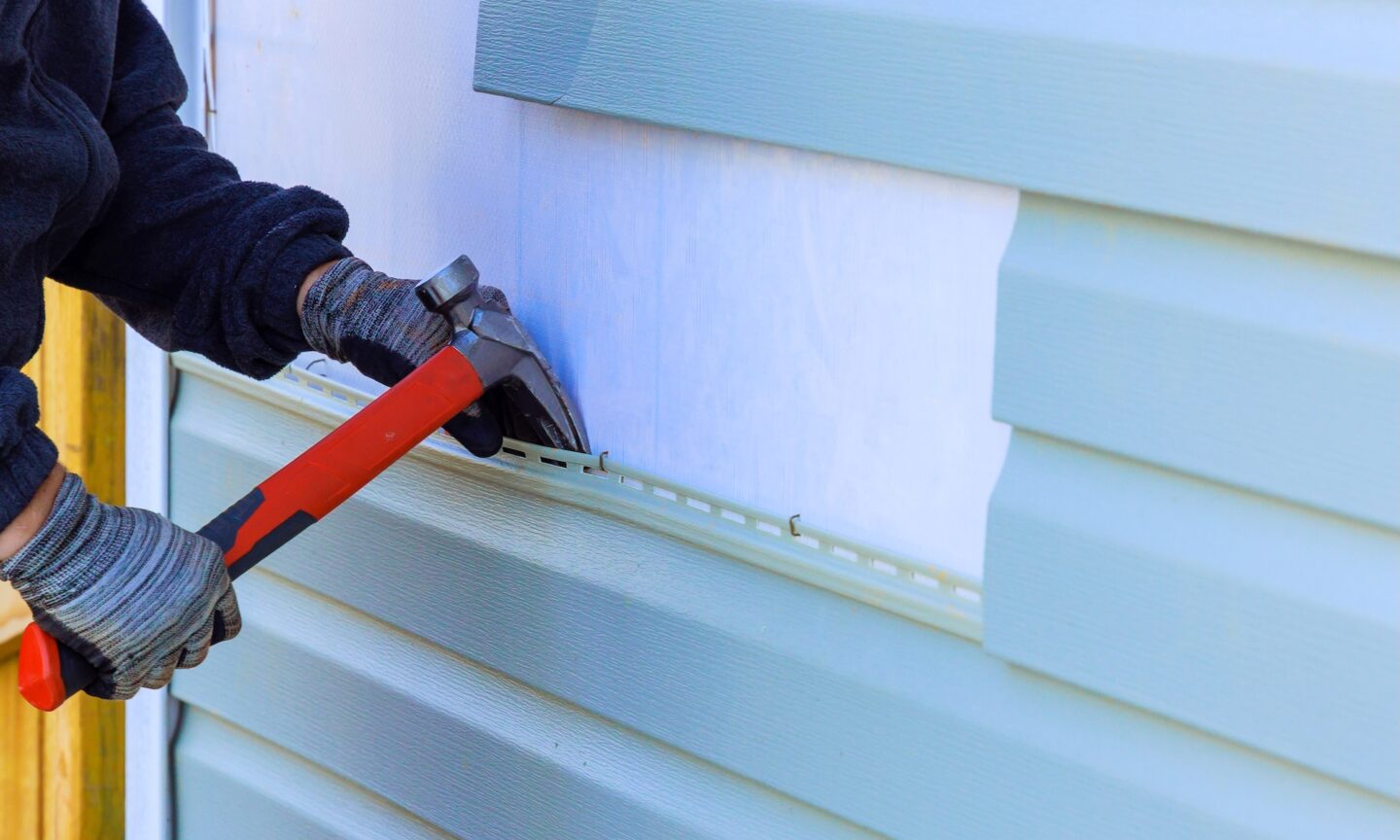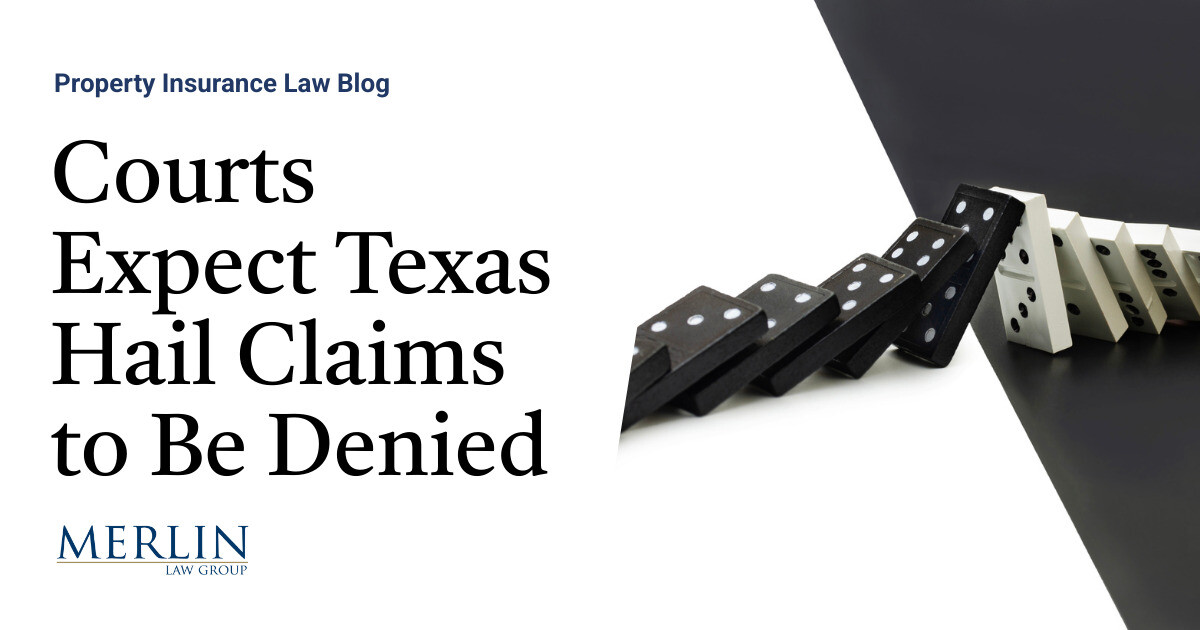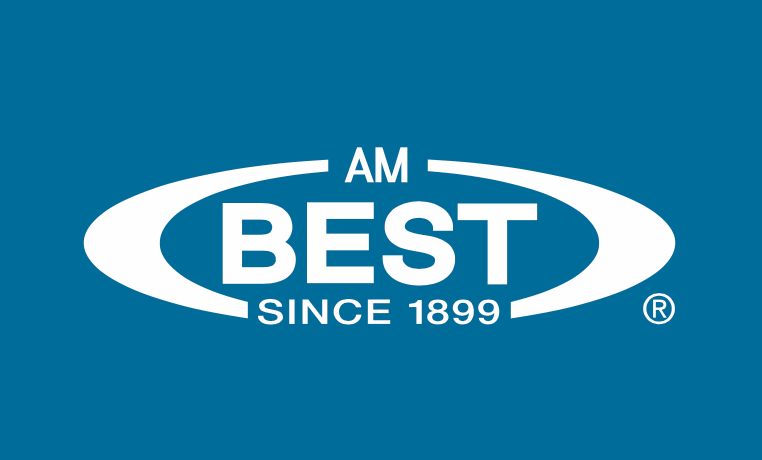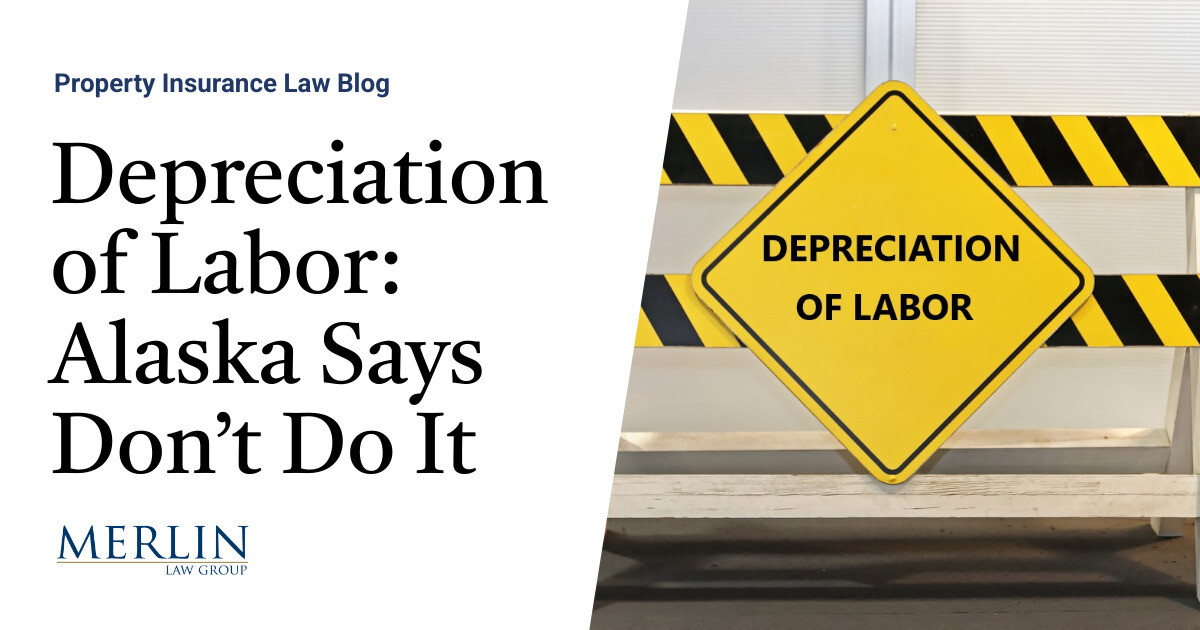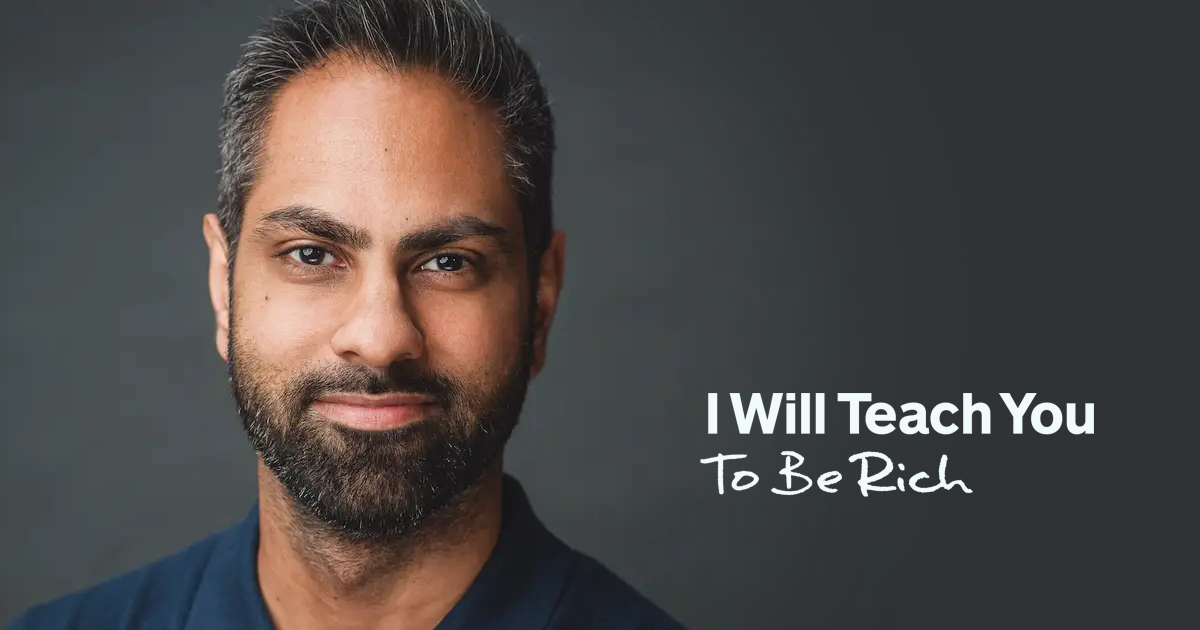In this article we’re going to cover how many savings accounts you can have.
On paper it seems like a good idea to have multiple accounts, especially ones with higher rates. However, it’s usually a waste of time to be chasing the next highest savings percent rate.
Multiple Savings Accounts
There’s no limit to how many savings accounts you can have open. Typically, banks will allow you to open as many savings accounts as you want to.
I can’t think of a reason why you would need more than one savings account.
Do me a favor: If your bank account offers one rate and another bank starts offering a slightly higher rate, don’t change accounts. Half the time, those rates are simply introductory teaser rates that will drop after six months.
I’d rather take a slightly lower interest rate if it’s at a bank I can trust to give me great service over the long term.
But there are a lot of dorks who spend every waking hour online digging up the best interest rate and switching to it immediately.
“OMG!!!!” they say. “Ally Bank increased its rate from 2.25 percent to 2.75 percent!! Now it’s 0.02 percent higher than Capital One 360! I’m going to switch accounts right now!!!” If you do this, you are a moron.
Do you really want to spend each month figuring out which bank is offering a slightly better rate? That’s a colossal waste of time for most of us, since a 0.5 percent difference equals just a few dollars per month more in interest.
Plus, interest rates change over time, so rate chasing doesn’t even make sense. I plan on sticking with my bank for the next few decades, and I’m sure you have better things to do with your time. So focus on the Big Wins, not on rate jumping.
The Best Savings Accounts (Including the Ones I Use)
As we’ve seen, a lot goes into finding the right accounts. Here are a few options that I’ve found work well for many people—along with my own personal picks.
The Best Savings Accounts
I would not encourage anyone to use a standard Big Bank savings account. Online savings accounts let you earn more interest with lower hassle. And because you’ll be primarily sending money there, not withdrawing it, what does it matter if it takes three days to get your money?
Capital One 360 Savings (capitalone.com/bank): This is the savings account I use. It lets you create virtual sub-savings accounts, in which you can specify savings goals like an emergency fund, wedding, or down payment for a house. You can also set up automatic transfers to other accounts (“Transfer $100 on the 1st of every month from my checking account to my savings
account, and send $20 to my investment account on the 5th of every month”). There are no fees, no minimums, and no tricky up-sells or annoying promotions. It’s not always the highest interest rate, but it’s close. Capital One 360 Savings is just a simple savings account that works.
Ally Online Savings Account (ally.com/bank): Also recommended. This no-fee savings account also lets you create multiple savings accounts, which will help your automation system. It has solid interest rates and works great.
Other savings accounts to consider: Marcus by Goldman Sachs and American Express Personal Savings.
Now you’ve got all the information you need to open a new checking or savings account. It shouldn’t take more than three hours of research and two hours to open each account and fund it.
If you need to transfer money from an old account to a new one, your new bank will help you arrange the transfer. I recommend you keep your old account open with a small amount of money in it in case you have any automatic transfers that are still trying to draw from your old account. Set a 60-day calendar reminder to close the old account. And we’re off to our next step!
I didn’t know how to put money toward my goals. I had one savings account and would constantly reallocate my money in my mind. After reading the book, I opened different accounts to put money toward the things I wanted to spend money on—not just emergency savings and retirement, but travel and giving to others.
—EMILY CRAWFORD, 33
Frequently Asked Questions About Multiple Savings Accounts
Is it a good idea to have multiple savings accounts?
Many consumers usually only need one savings account. However, having multiple accounts — at the same bank or different banks — can be useful for managing different savings goals. Since there is little to no downside in opening multiple savings accounts (it doesn’t impact your credit) it can be a good idea.
Is there a downside to opening multiple savings accounts?
You might pay more fees. Some banks require a minimum in the savings account and failing to meet that minimum will incur a fee. The more you split your money, the more likely that you’ll be paying these fees.
Can I have two savings accounts in same bank?
It depends on your banks but generally no. You can usually only have 1 active savings account (unless your banks states otherwise).
How many different savings accounts should I have?
Have at least one checking account and one savings account. Use your savings for an emergency fund and goals, then use your checking account for spending and expenses.
Is it okay to have 3 savings account?
It’s generally not a good idea to have more than 3 savings accounts since they can be timely as to manage the more you have. Also if you don’t use the account it’s possible your banks might mark your account dormant if there is no activity.







